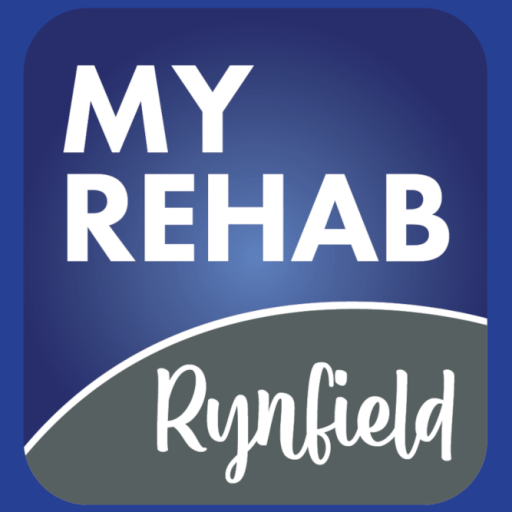
3 Best Ways to Navigate Withdrawal Symptoms Safely
A comprehensive guide to navigate withdrawal symptoms safely, emphasising self-care, professional support, and medication management for effective coping strategies.
To navigate withdrawal symptoms safely, it’s essential to focus on self-care techniques, professional support, and medication management. Stay hydrated, eat well, exercise, rest, and establish a calming routine. Seek guidance from therapists, express your feelings, identify triggers, and engage in evidence-based interventions. Work closely with healthcare professionals to find suitable medications, follow the prescribed dosage, alleviate specific symptoms, and address underlying issues. Combining these three ways can help you effectively manage withdrawal challenges.
Self-Care Techniques
Let’s explore some effective self-care techniques to manage withdrawal symptoms. Firstly, staying hydrated is crucial during this time. Drinking plenty of water helps flush out toxins from the body and keeps us feeling refreshed. Secondly, maintaining a balanced diet filled with nutritious foods can help replenish essential vitamins and minerals that may be depleted during withdrawal. Eating regular, healthy meals can also stabilise blood sugar levels, which can impact mood and energy levels.
Exercise is another important self-care technique. Engaging in physical activity releases endorphins, which can help alleviate symptoms of withdrawal such as anxiety and depression. Whether it’s going for a walk, practicing yoga, or hitting the gym, finding a form of exercise that we enjoy can make a significant difference in how we feel.
Lastly, getting an adequate amount of rest is vital. Withdrawal symptoms can be physically and mentally exhausting, so ensuring we get enough sleep each night is essential for our overall well-being. Creating a calming bedtime routine and prioritising relaxation can promote better sleep quality and help us feel more rested and rejuvenated each day.
Professional Support
Seeking professional support from a therapist or counselor can provide valuable guidance and assistance in managing withdrawal symptoms effectively. A trained professional can offer tailored strategies to help cope with the challenges of withdrawal, providing a safe space to express feelings and concerns. Therapists or counselors can also assist in identifying triggers that may exacerbate symptoms, and work collaboratively to develop coping mechanisms and healthy habits to navigate through this difficult period.
Moreover, professional support can offer emotional validation, helping individuals feel understood and less isolated during the withdrawal process. Therapists and counselors are equipped to provide evidence-based interventions like cognitive-behavioral therapy or motivational interviewing to address underlying issues and promote sustainable recovery. By engaging in therapy or counseling, individuals can gain insight into their thought patterns and behaviors, ultimately empowering them to make positive changes and build resilience against future challenges. Embracing professional support can be a crucial component in successfully managing withdrawal symptoms and fostering long-term well-being.
Medication Management
Using prescribed medications can play a crucial role in managing withdrawal symptoms effectively. Medication management involves working closely with healthcare professionals to determine the most suitable medications for easing symptoms and promoting recovery. It is essential to follow the prescribed dosage and schedule to maximize the benefits of the medication while minimising potential risks.
Medications can help alleviate specific withdrawal symptoms such as cravings, anxiety, insomnia, and physical discomfort. They can also address underlying issues contributing to substance dependence, such as depression or chronic pain. By targeting these symptoms, medications can enhance the overall treatment process and improve the individual’s quality of life during recovery.
However, it is important to note that medication management should always be part of a comprehensive treatment plan that may include therapy, lifestyle changes, and ongoing support. Regular communication with healthcare providers is key to adjusting medications as needed and monitoring progress. With proper medication management, individuals can navigate withdrawal symptoms more safely and effectively on their journey to recovery.
Frequently Asked Questions
Can Herbal Remedies Help With Withdrawal Symptoms?
Herbal remedies can be helpful in managing withdrawal symptoms. We’ve found that they can provide some relief, but it’s essential to consult with a healthcare professional for guidance on the safest and most effective options.
Is It Safe to Exercise During the Withdrawal Process?
Yes, it’s safe to exercise during the withdrawal process. Physical activity can help manage stress, boost mood, and improve overall well-being. Start with gentle activities like walking or yoga, and listen to your body’s signals.
How Can Mindfulness Techniques Aid in Managing Withdrawals?
Mindfulness techniques can help manage withdrawals by promoting self-awareness and emotional regulation. By staying present and acknowledging sensations without judgment, we can navigate cravings and discomfort more effectively, enhancing our coping skills.
Are There Any Specific Diets That Can Ease Withdrawal Symptoms?
Specific diets can help ease withdrawal symptoms by providing essential nutrients and supporting the body’s healing process. Incorporating balanced meals rich in vitamins, minerals, and hydration can aid in managing discomfort during withdrawals.
Can Alternative Therapies Like Acupuncture Relieve Withdrawal Discomfort?
Acupuncture has shown promise in relieving withdrawal discomfort for some. We should explore alternative therapies alongside traditional treatments. It’s essential to consult healthcare providers to create a comprehensive plan that meets individual needs.
